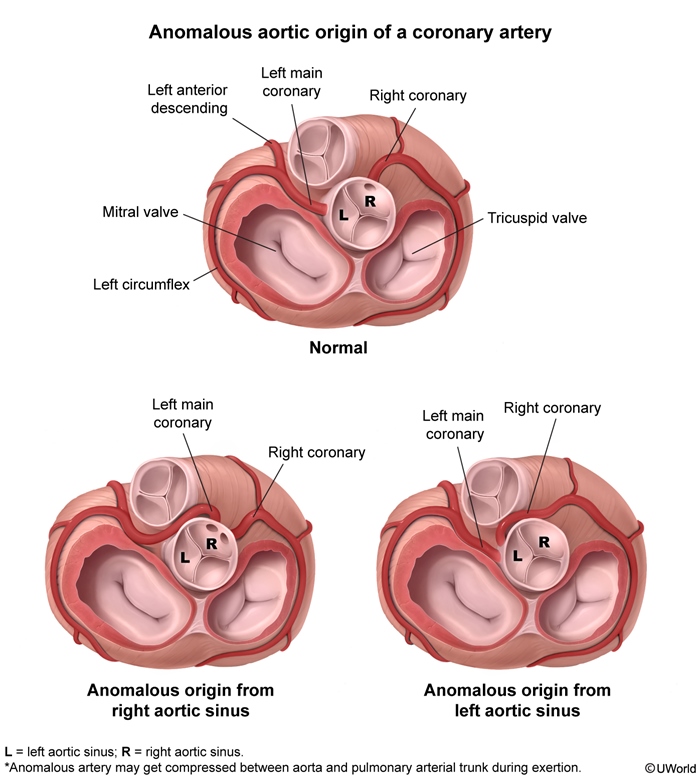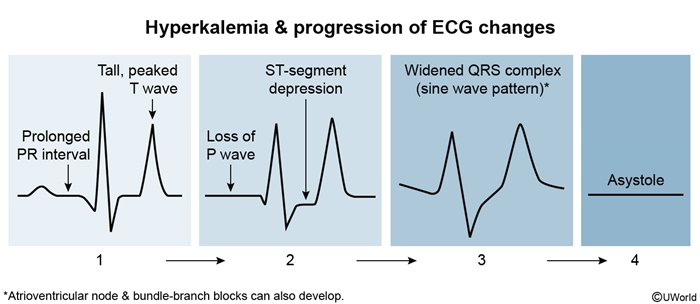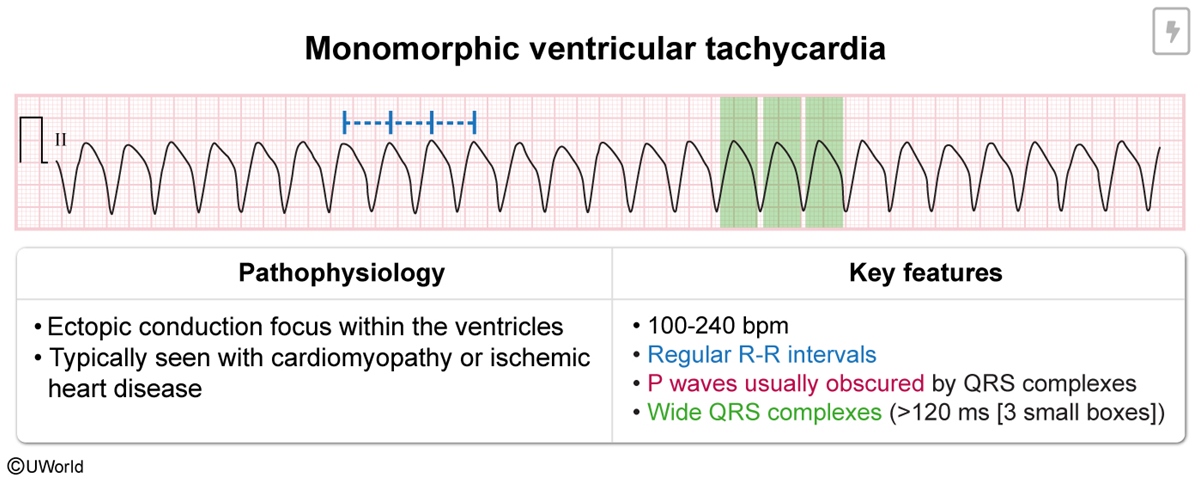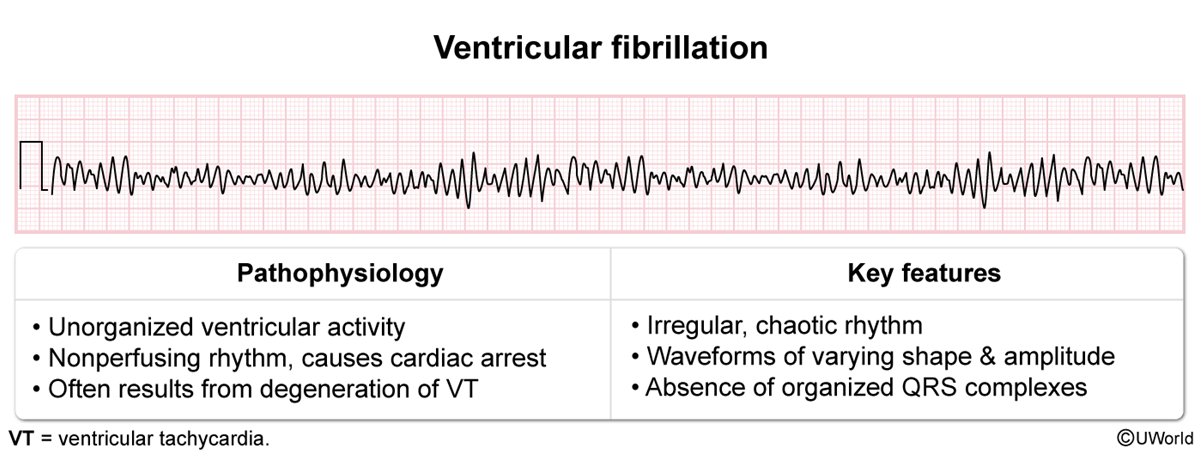Sudden Cardiac Arrest
Article Sections
Introduction
Sudden cardiac arrest (SCA) is the abrupt cessation of effective cardiac activity, resulting in complete loss of organ and tissue perfusion (loss of consciousness, absence of a pulse). In adults, SCA most commonly occurs due to the onset of a nonperfusing cardiac arrhythmia (ie, ventricular tachycardia [VT], ventricular fibrillation [VF]). Less commonly, individuals with a severe systemic disturbance can develop SCA despite the presence of a heart rhythm that is typically perfusing. If SCA is not rapidly corrected and spontaneous circulation promptly restored, it progresses to sudden cardiac death (SCD).
Pathophysiology
SCA is separated into 2 major categories of underlying heart rhythm:
- VF or pulseless VT: SCA in the setting of VF or VT is due primarily to the arrhythmia itself. VF involves chaotic ventricular activity that markedly impairs cardiac output and invariably causes SCA. VT can sometimes be a perfusing rhythm, but rapid or highly disorganized VT typically markedly impairs cardiac output and leads to SCA. VT often degenerates into VF.
Continue Learning with UWorld
Get the full Sudden Cardiac Arrest article plus rich visuals, real-world cases, and in-depth insights from medical experts, all available through the UWorld Medical Library.
Unlock Full AccessFigures




